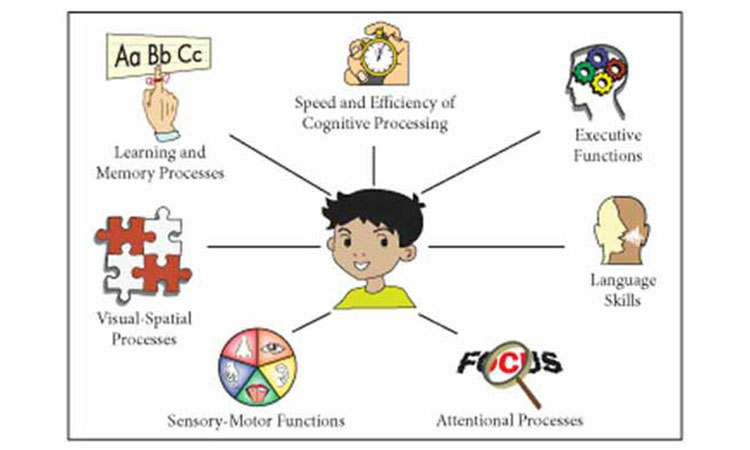
Childhood Developmental Disorders
Childhood Developmental disorders comprise a group of psycho-developmental conditions originating in childhood that involve serious impairment in different areas. These disorders may comprise communication and language disorders, cognitive delays, learning disorders, motor disorders, sensory and motor disorders and autism spectrum disorders. Developmental disorders are present from early life. They may improve as the child grows older, but some impairments and lag can continue throughout life. There is a strong neurological component to developmental disorders. The involvement of central nervous system in these aberrations is almost always implicated.
The scientific study of the causes of developmental disorders involves many different theories. Some of the major differences between these theories involves whether or not environment disrupts normal development, or if abnormalities are pre-determined. Normal development occurs with a combination of contributions from both the environment and genetics. The theories vary in the part each factor has to play in normal development, thus affecting how the abnormalities are caused.
Developmental disorders can be further understood as ‘delayed development’ in some cases, or ‘deviant development’ in other cases or ‘abnormal development’ in yet another group of disorders arising in early childhood. In many cases after the medical treatment the person has to suffer residual affects of trauma to central nervous system. This is what makes the therapy for these disorders difficult and long drawn and in many cases there is no known treatment but psychological, educational, social, language and occupational therapies can play a major role in their management. With timely intervention the person can lead a normal or near-normal quality of life.